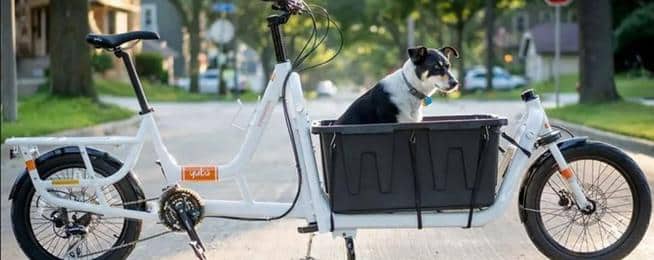If walking dogs is so good for our health – and theirs – why are we always driving them somewhere?
Driving is a sedentary activity and is certainly not good for human health.
The extended time many of us spend in cars each day is a major driver of the spiralling rise in sedentary diseases that are ruining lives, pushing the health system to the brink, and crushing government budgets.
And if dog ownership demands driving, what does that mean for our concern for the environment, for our desire for less congested cities, for our policies for walkable neighbourhoods, our plans for more active and public transport and less driving?
These issues are raised in a recent study by two researchers at Sydney University into “messy’ trips – those trips we take that are not a typical trip to work, education, shopping or sport, but are to carry a load, or for a caring purpose.
Called "Travel with dogs: The need to accommodate “messy trips” in healthy and sustainable transport transitions," the study was published in the Journal of Transport & Health.
Drawing on survey data from 425 Sydney dog owners, the authors examined three trip types with dogs: taking the dog for a walk, taking the dog on a recreational or social outing and taking the dog to the vet. They analysed the mode share for each trip type and explored options for increasing mode share by sustainable transport modes.
The analysis found that while regular dog walking trips usually occur on foot, there are other activities that people do with dogs and these activities are often accommodated by private car.
The conclusion: "Responsible dog ownership is an ostensibly health promoting activity, however if dogs are not accommodated by sustainable transport systems, it is a practice with the unintended consequence of perpetuating private car use.”
While society has been promoting dog ownership with dog parks, government funded adoption programs and regulatory changes to permit dogs in restaurants, dog ownership seems to require car trips, which society is discouraging.
The research found that 85% of trips to the vet were taken by car.
The researchers suggest that our public transport services are overly focused on ‘clean” trips, such as travel to work.
They suggest that if we are to reduce car use then public transport will have to adapt to cater for “messy” trips, such as caring for dogs.
What about the cargo bike alternative?
Hardly a days goes by that you don’t spy a dog in a cargo bike in our major cities, and they look about as happy as a dog can ever look: even Labradors!
We are beginning to discover that cargo bikes can easily replace a second car, and sometimes a first car.
And you don’t have to worry about finding a car park at the vet practice.
Become our friend
Find out more about Bicycle Network and support us in making it easier for people to ride bikes.


